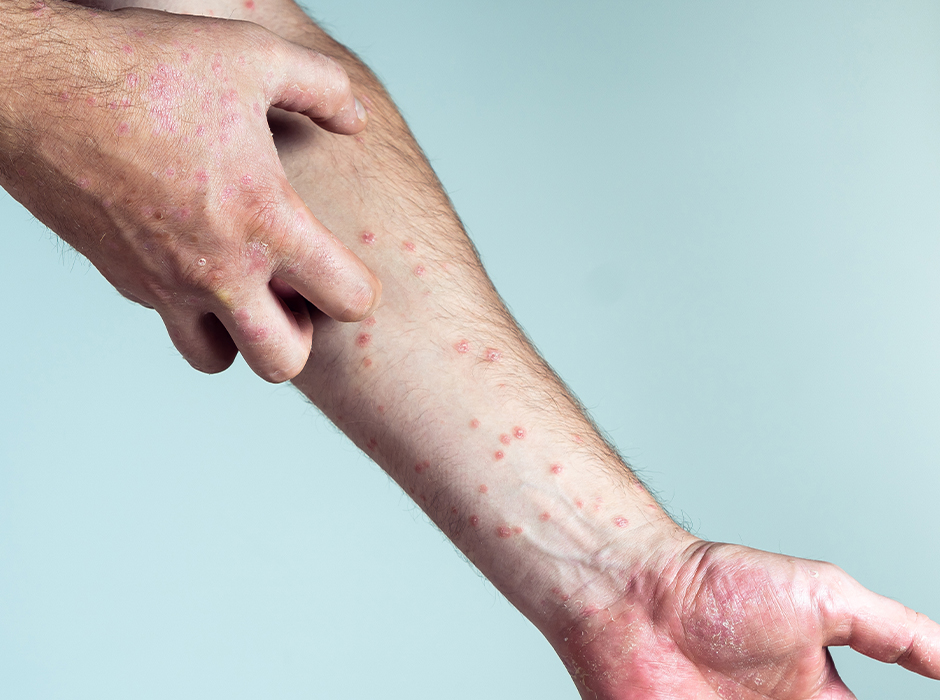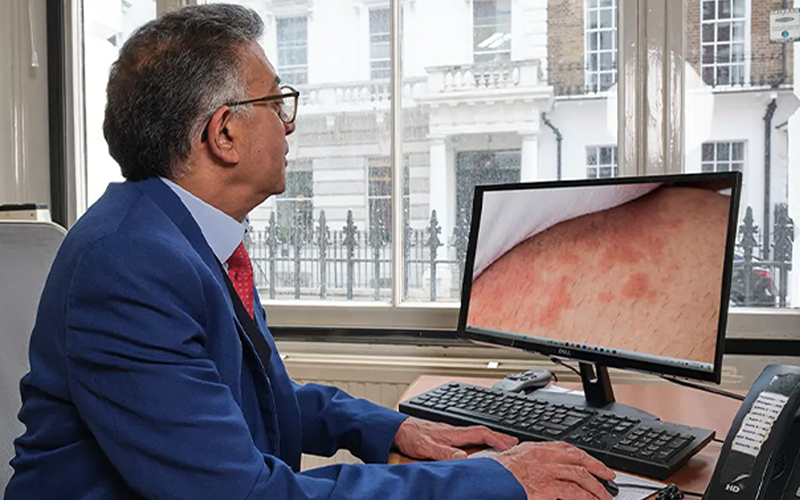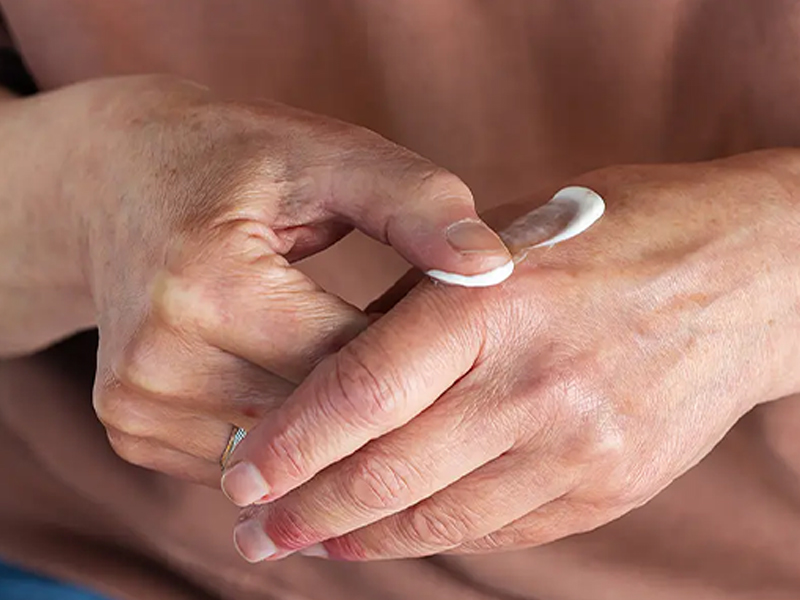Opening Hours Notice
The London Dermatology Centre remains open for face-to-face appointments. The safety of our patients and staff is our number one priority. Safety measures are in place where we are limiting the number of patients and staff in the clinic at any one time. Hand sanitizers are available throughout the clinic, all patients MUST wear face mask/face coverage when attending appointments and PPE worn by staff. Please follow these guidelines as requested.
If you are feeling unwell, however mild it is – please do not enter the building. Stay home and protect our community.
You can book in for a video or phone consultation if your condition can be managed virtually, you can arrange this with our staff over the phone or via email. These consultations are charged at the same price as in-clinic appointments.
Our phone lines are open Monday-Thursday 9am-8pm, Fridays 9am-6.30pm and Saturdays 10am-1pm. You may also contact us at reception@the-dermatology-centre.co.uk
Thank you for all your support during this difficult time and we look forward to seeing you all again.









